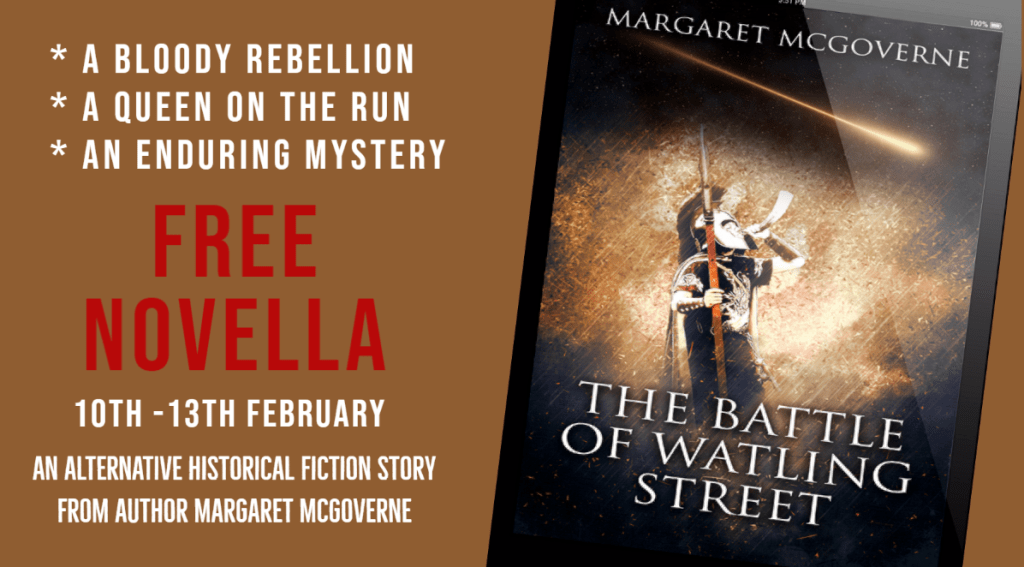I’m not going to list out all the famous authors who had to persist through dozens of rejections until their magnum opus was snapped up. And I’m not going to name that Decca manager who rejected the Beatles as a passé guitar group on their way out. I’m not even going to dwell on Stephen King’s much-quoted wall spike; the spike that replaced the nail on which he hung his initial rejection slips. All of the above finally triumphed; their talent shone through and was acclaimed by all. I’m not there yet!
I recently wrote a short story, about 6,500 words, and I think it’s great. I put my heart, soul, and lots of editing and revisions into the story and was really pleased with the result. Imagine my excitement when I received an email from the editor of the respected publication to which I submitted, who agreed with my humble self-assessment!
There in the email were words that sang to me:
This story was magnificent…
The plot and language were incredible and I really enjoyed reading it…
This was one of the most enjoyable stories I’ve read this period thus far…
High praise! But I’m telling you the story the wrong way round. This was the PS to the main body of the email, which briefly started with the dreaded words; my story was up against stiff competition, there was an amazing response, hundreds of great entries, and mine didn’t quite make it this time etc., etc.
Of course, I was crushed, and had to work through the feelings you must come to terms with as a writer; the sting of rejection, the rush of anger that your creation has been judged wanting. I didn’t even properly read the email at first, just skimmed the first couple of sentences, then left it be to lick my wounds for a day or so and gain some distance. I was that certain my story was really good, you see!
This would have been my longest short story published to date, in a genre I both love as a reader and enjoy writing in. I saw it as a foot in the door of audiences that would be interested in the Sci-Fi novel I’m writing. So I wallowed in hopelessness for a day or so.
Then I sat down to read the response properly. I realised that this wasn’t an outright rejection, and more importantly, it held both the awesome praise I’ve quoted above, plus, most importantly, some SOLID AND JUSTIFIED EDITORIAL SUGGESTIONS AND ENCOURAGEMENT.
I lapped up the words of praise, but STILL didn’t fully take in the suggestions and feedback. It was great news that this editor encouraged me to make a few tweaks and resubmit the story, it truly was. Yet I was internally nodding along, thinking, “Ok, if that’s what you want me to do to publish my story, I agree, they’re not major changes, I can live with them etc.”
I still hadn’t really absorbed the wisdom of the feedback, but I got there in the end! Here’s the thing – if my story had been published as it was, it wouldn’t have been the absolute best I could do – I saw that the improvements suggested by the editor were valid, and I quickly jotted down some ideas to make it a tighter, more focused story, a better read and a better piece of writing.
The suggestions improved the pace of my story, which would also be stronger if I didn’t switch POV towards the end. This editor, bless them, had taken precious time out from judging hundreds of 5K plus short stories to write me an invaluable paragraph, and also left the door open, no, encouraged me to resubmit, and to submit more work!
I wrote back, thanking that editor, promising to make some tweaks and resubmit. I’m very grateful for their time and experience, and for the reminder that the real common denominators amongst successful artists, including the ones I mentioned at the start of the post, are persistence, refinement, and continuous improvement.
In Danse Macabre, Stephen King refers to the “dull knife” of talent – we all need to whet our “talent knife” continuously, honing it with persistence, sharpening its dull edge with practice and feedback. We are all born with a knife, it’s down to us to make it sharp and useable for our art. Very few of us are born with their artistic knife pre-sharpened, King tells us, “..although a few are handed almighty big ones; the name we give to the artist with the big knife is “genius.”
So, I’m sharpening that knife and rewriting my short story this weekend. Watch out for the sparks from the whetstone!

